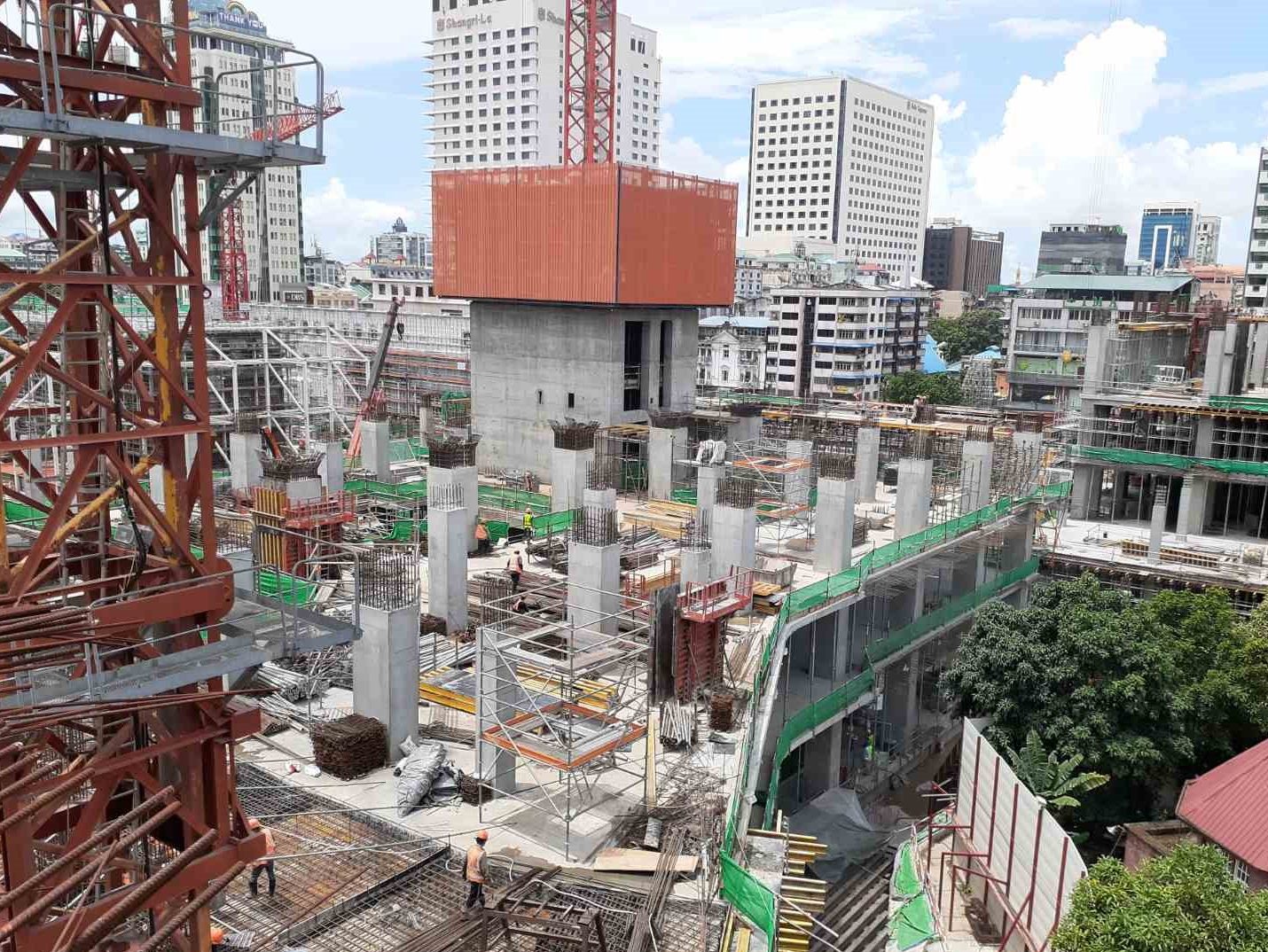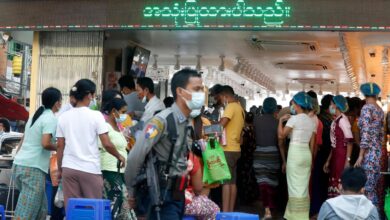
Intense demand for Yangon luxury property has seen the business of Serge Pun, one of Myanmar’s richest tycoons, prosper – thanks to instability created by the military coup.
Pun, 68, is founder of the Yoma Strategic Holdings (YSH) conglomerate whose interests span real estate, financial services and investments.
The company recently posted a trading update covering the three months to the end of June.
The trading update shows a 31% surge in revenues from its real estate subsidiary, Yoma Land, the Yoma division behind the luxury Star City and Pun Hlaing upmarket Yangon developments.
These two gigantic housing estates cover a land area of more than 3.16 million square meters (34 million square feet). Yoma’s development properties were recently valued at US$338m.
YSH stated revenue from house sales and “real estate services” in the three months to June rose from US$6.8m to US$8.9m.
It suggests better-off people in Myanmar are putting their money into property as a relative safe haven in the midst of growing conflict.
The continued appetite for Yangon property, despite the chaos unleashed by the coup, follows a strong real estate performance for Yoma during the six months to March this year.
In that period, the company posted sales worth US$16.9m – a US$3.74m increase on the previous six months.
A strong real estate performance offset faltering results in its financial services and motors division.
Overall YSH saw an overall 2.1% revenue uplift to US$19.6m in the three months to June.
“The Group posted encouraging growth in the three months to June 2021 driven by strength in property sales during the quarter despite an overall challenging operational environment in Myanmar,” the company said.
The company added that buyers “are increasingly looking to store their wealth in real estate.”
Yoma Strategic Holdings’ latest results statement did not refer directly to the military coup but it said that the group has brought in “stringent financial management” since February, paid off or renegotiated some of its debt and may sell assets in future.”
The company has also said that official stay-at-home measures against Covid-19 would have a “severe impact” on its business.
It was reported in May that work on a new US$800 million joint venture between the Yoma group and Japan’s Mitsubishi Corporation to build Yoma Central, a giant housing, hotel office complex in central Yangon, has been put on hold for a year.
An executive at Hong Kong’s Peninsula Hotels, which is building a hotel as part of the Yoma Central complex, was quoted in that report as saying that “safety and security” was the top priority before work could resume.
The Asian Development Bank and the World Bank’s International Finance Corporation combined have a 10% stake in Yoma Central, though not in the hotel.
Independent Economists for Myanmar, a group of experts critical of the military regime, wrote earlier this month that: “real estate prices have remained relatively steady, despite falling incomes, indicating that people are using land to store their excess savings.”
Yoma Strategic Holdings said there were fewer foreigners living at its Pun Hlaing estate but more local families had moved in because of lower rents and “the amenities and security” provided by the estate.
However, the company noted a warning by the World Bank that Myanmar’s economy may contract by 18 per cent this year as the effects of the coup are compounded by the pandemic. This would be likely to severely hit the revenues of the Yoma group and other corporations in Myanmar.
While there are strong signals that luxury real estate is still attracting strong interest, YSH did post a loss in its most recent six months to March figures.
Serge Pun appears to be YSH’s biggest shareholder according to its 2020 Annual report with a direct interest put at 19.06% of the company. Today, YSH is valued at US$212m making Pun’s stake worth US$41m assuming he has not been issued with additional shares or sold any of his holding since last September.
This is a Myanmar Now story in association with Finance Uncovered.



